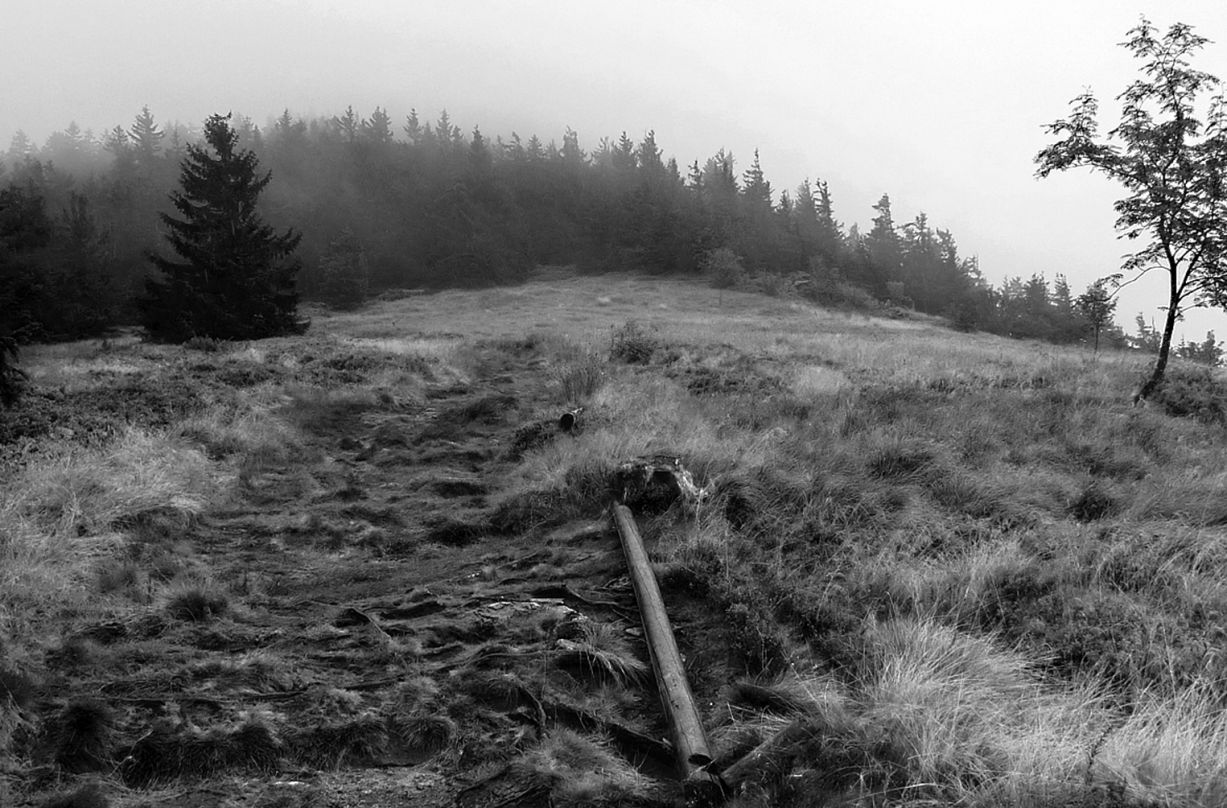Prehistoric transhumance and summer farming in the Czech Republic: possibilities and doubts
DOI:
https://doi.org/10.35686/AR.2015.5Keywords:
transhumance, summer farming, prehistory, mountain farming, palynologyAbstract
Prehistoric transhumance and summer farming in the Czech Republic: possibilities and doubts. Transhumance have formed a significant part of the economy in many regions of Europe. In the modern history of the Czech Republic such a system was practiced in the Moravian Outer Western Carpathians and the East Sudetes Hrubý Jeseník and Kralický Sněžník. It started with the arrival of nomadic shepherds, the Wallachians, in the 15th and 16th centuries and ceased to exist at the beginning of the 20th century. In contrast, in Bohemia transhumance has been almost unknown despite the fact that the whole of Bohemia is surrounded by mountain ranges. The only exceptions were so-called “mountain cabin farming” (Baudenwirtschaft) in the Krkonoše Mountains, introduced in this region by Alpine woodcutters in the late 17–19th centuries, and animal husbandry in the Šumava Mountains taking place at the same time. The reason why the mountain summer farming was not practiced in Bohemia on a bigger scale is not fully understood. Environmental rather than cultural factors may be behind it; both transhumance and summer farming may be practiced in inland uplands. In this context the possibility of a specific form of prehistoric/early medieval mountain farming system is discussed as well as the limitations of its detection in archaeological and palynological records.
Downloads












